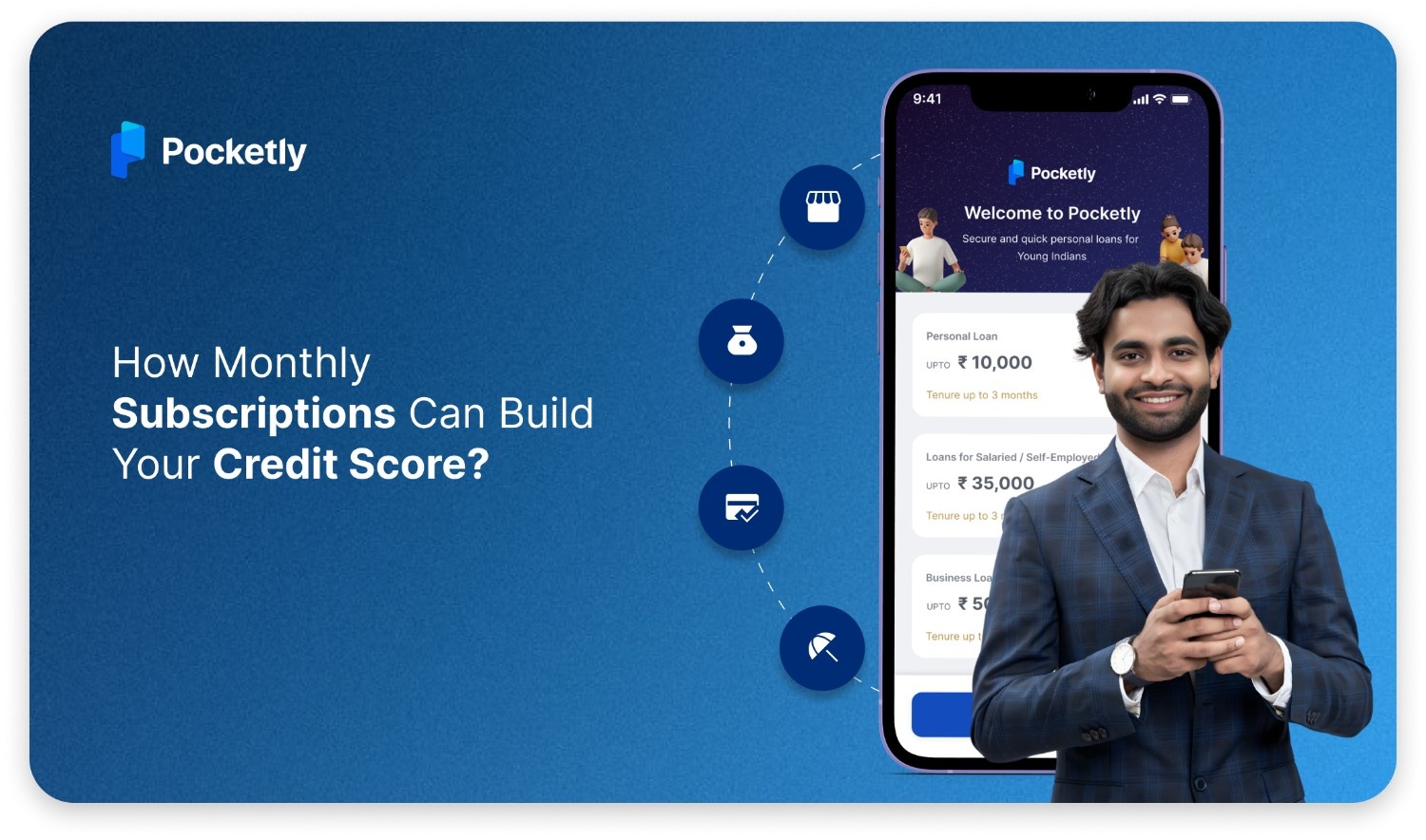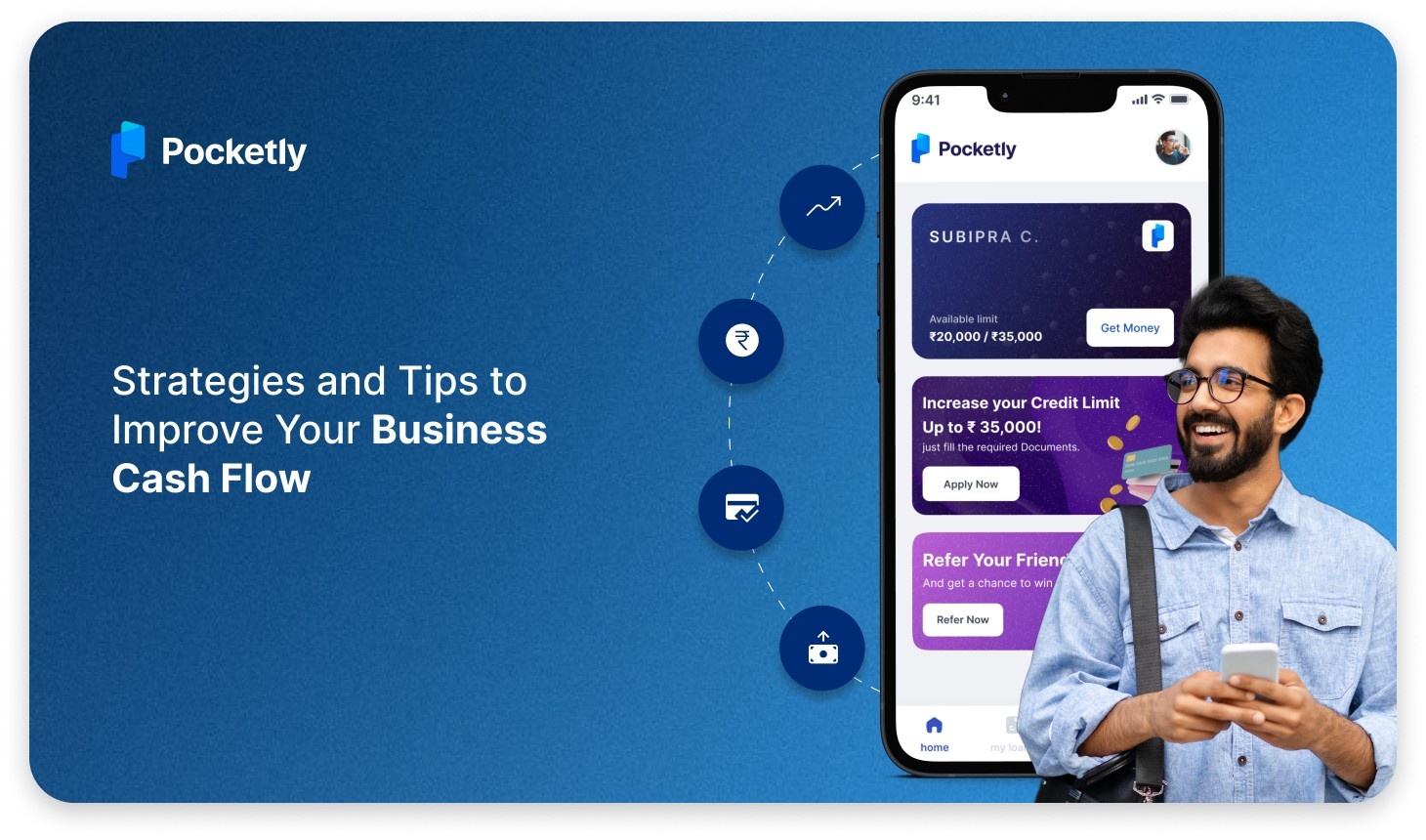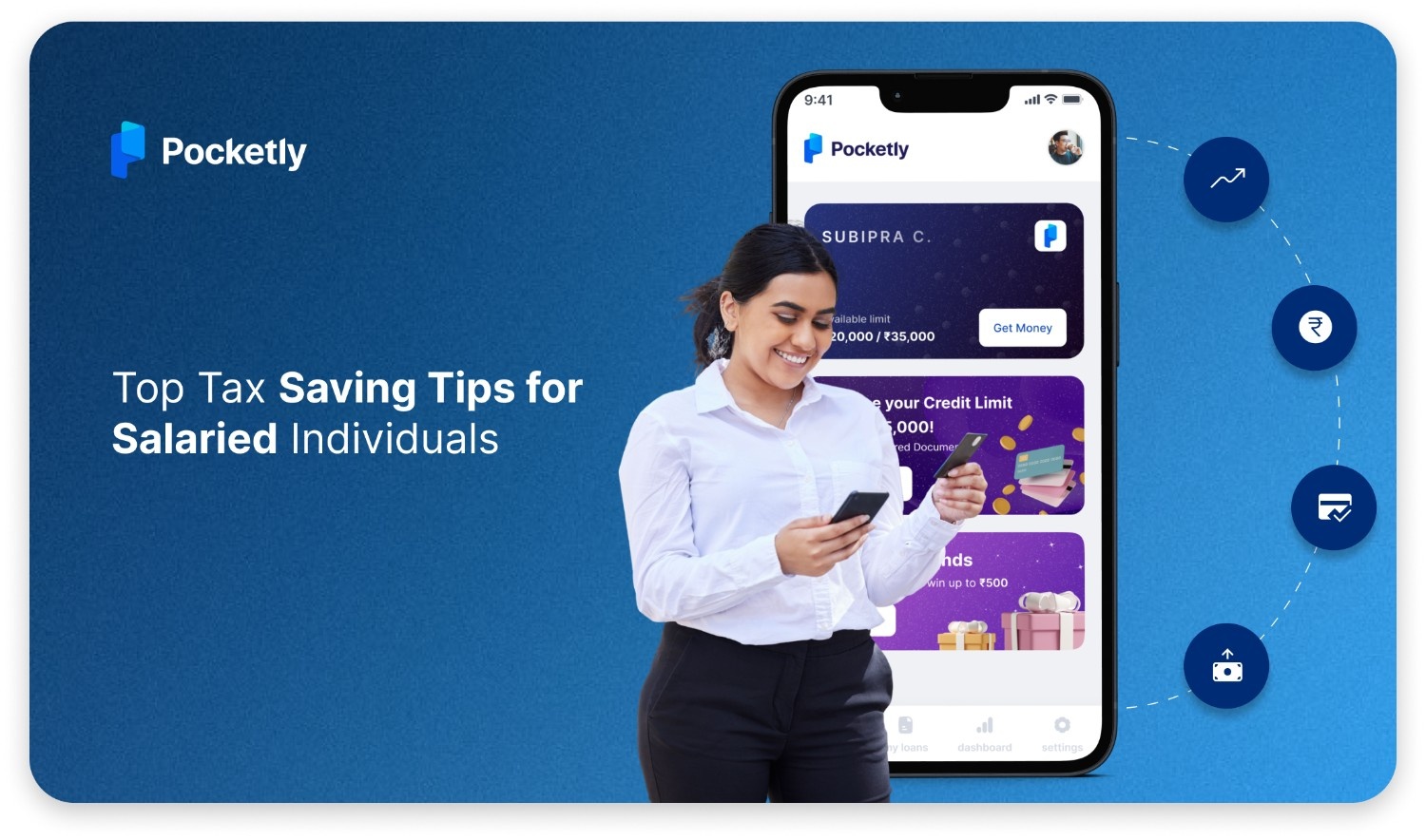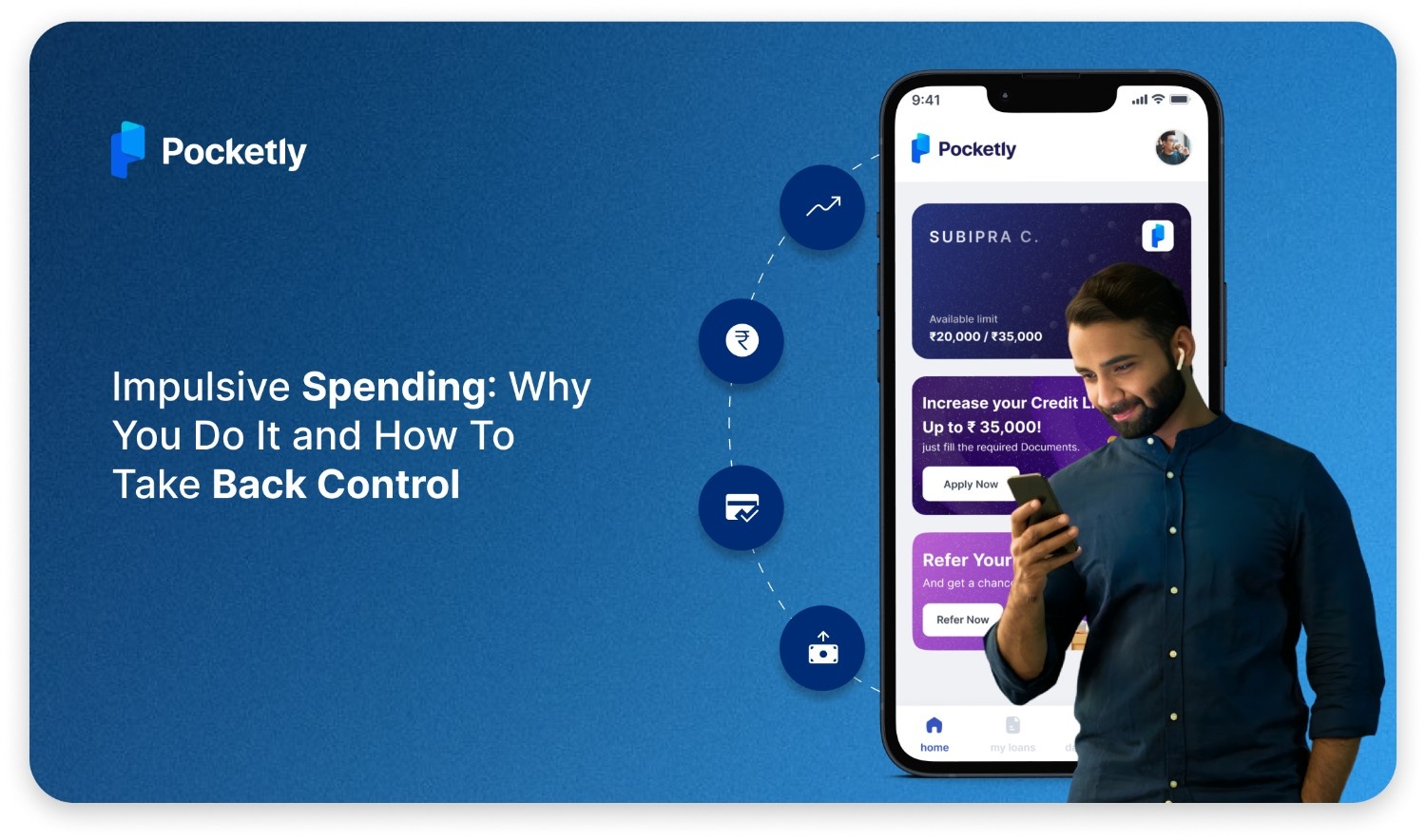If you have a low CIBIL score, getting a credit card can feel like a very tough place to be. Most banks or NBFCs prefer applicants with a credit score of 750 or above, but that doesn’t mean you’re completely out of options. Even with a CIBIL score around 600, there are ways to secure a credit card and start rebuilding your credit profile.
A low credit score might limit your choices, but options like secured credit cards, add-on cards, and credit cards from your existing bank can still help you access credit. More importantly, responsible credit card usage can help boost your credit score over time, increasing your chances of qualifying for better financial products in the future.
This guide will walk you through the best credit card options for low CIBIL scores, how to boost your approval chances, and practical steps to rebuild your financial credibility.
What is a CIBIL Score?
Your CIBIL score is a three-digit number that reflects your creditworthiness based on your borrowing and repayment history. It is generated by TransUnion CIBIL, one of India’s leading credit bureaus, and typically ranges from 300 to 900. A higher CIBIL score increases your chances of getting approved for credit cards with manageable terms.
Impact of CIBIL Score on Credit Cards
Your CIBIL score directly affects your ability to get a credit card, the credit limit you receive, and the interest rates you are offered. Here’s how it impacts your credit card application:
If You Have a High CIBIL Score (750+)
- Easier Approval for Credit Cards – Banks and financial institutions prefer applicants with a strong credit score, increasing your chances of getting approved quickly.
- Higher Credit Limits – A good CIBIL score demonstrates financial responsibility, allowing lenders to offer you a higher credit limit.
- Lower Interest Rates – With a high and strong credit score, you are considered low-risk, which often results in lower interest rates on outstanding balances.
- Better Rewards and Benefits – Many premium credit cards with cashback, travel perks, and shopping discounts are available to individuals with excellent credit scores.
- Access to Pre-Approved Offers – Banks may offer pre-approved credit cards with exclusive benefits, faster processing, and minimal paperwork.
If You Have a Low CIBIL Score (Below 650)
- Higher Risk of Rejection – Banks are less likely to approve credit card applications from individuals with poor credit scores, as they are considered high-risk borrowers.
- Lower Credit Limits – If approved, the credit limit offered may be lower to reduce the lender’s risk of default.
- Higher Interest Rates – A low CIBIL score means banks may charge higher interest rates on outstanding balances to compensate for the perceived risk.
- Limited Credit Card Options – You may not qualify for premium or unsecured credit cards and may need to opt for secured credit cards instead.
- Additional Requirements – Some banks may ask for extra security, such as a fixed deposit, a guarantor, or proof of a stable income, to approve your credit card application.
Having a low CIBIL score doesn’t completely prevent you from getting a credit card, but it can restrict your available choices. The good news is that with responsible credit usage, you can pay bills on time and keep your credit utilisation low, you will be able to gradually improve your score and unlock better financial opportunities.
Assessing Your Current Credit Situation
Before applying for a credit card with a low CIBIL score, it’s important to understand where you stand financially. Knowing your exact credit score, identifying any negative factors, and correcting errors in your credit report can significantly improve your chances of approval.
By taking a few proactive steps, you can assess your credit situation, identify areas for improvement, and make informed decisions before applying for a new credit card.
Steps to Assess Your Credit Situation:
- Obtain Your Credit Report – Get a copy of your credit report from CIBIL, Experian, or Equifax. You can request one free report per year from these agencies.
- Check Your CIBIL Score – Review your current CIBIL score to understand where you stand. A score above 750 is ideal, while a score below 650 may limit your credit card options.
- Identify Negative Factors – Look for any missed payments, defaults, or high credit utilisation that may have impacted your score.
- Check for Errors or Discrepancies – Sometimes, incorrect information, duplicate accounts, or outdated loan records can lower your score. If you find errors, immediately raise a dispute with the credit bureau.
- Evaluate Your Existing Debt – Assess any outstanding loans or credit card balances that may be affecting your debt-to-income ratio. Keeping your credit utilisation below 30% improves your creditworthiness.
- Ensure Timely Bill Payments – Your payment history has the biggest impact on your credit score. Make sure you are paying all your EMIs, credit card bills, and other dues on time to prevent further damage.
- Plan for Improvement – If your score is low, focus on gradually improving it before applying for a credit card. This could include paying off outstanding debts, maintaining low credit usage, and avoiding multiple loan applications in a short period.
Taking these steps will give you a clear picture of your credit standing and will help you make better financial decisions when choosing a credit card.
Opt for Secured Credit Cards
If your low CIBIL score is making it difficult to get a credit card, a secured credit card could be the perfect alternative. Unlike regular credit cards, these are issued against a fixed deposit (FD), which acts as collateral. This gives banks more confidence to approve your application, even if your credit history isn’t ideal.
A secured credit card works like any other credit card—you can make purchases, pay bills, and even improve your credit score over time with responsible usage. The best part? Your fixed deposit continues to earn interest while backing your card.
How to Get a Secured Credit Card:
- Open a Fixed Deposit (FD) – Choose a bank that offers secured credit cards against an FD. You’ll typically need a minimum deposit of ₹10,000 to ₹25,000.
- Apply for the Credit Card – Once your FD is set up, request a secured credit card. Many banks offer quick approvals since the deposit reduces their risk.
- Receive a Credit Limit Based on Your FD – The credit limit is usually 75-100% of your deposit amount. For example, if you deposit ₹50,000, your credit limit could be between ₹37,500 and ₹50,000.
- Use the Card Responsibly – Always pay your credit card bills on time and keep your spending within 30% of your limit to improve your credit score.
- Upgrade to an Unsecured Card – After consistently using your secured card and maintaining good repayment habits, banks may offer you a regular credit card without requiring an FD.
If you’re struggling to qualify for a regular credit card, this card is a straightforward way to access credit and improve your financial standing—all while keeping your savings intact.
Exploring Credit Card Options for a Low CIBIL Score
If you have a low CIBIL score, getting a regular credit card might be challenging, but there are still options available. Choosing the right option requires some research to ensure you find a card that fits your financial needs while helping you rebuild your credit score.
Key Features of Credit Cards for Low CIBIL Scores:
- Higher Interest Rates – Since banks consider low-score applicants as higher-risk borrowers, they charge higher interest rates on outstanding balances.
- Lower Credit Limits – To minimise the bank’s risk, credit limits may be lower than what is typically offered to those with higher CIBIL scores.
- Basic Features and Rewards – Premium credit cards with extensive benefits may not be available, but you can still find cards with cashback and essential rewards.
- Strict Repayment Terms – Late payments or exceeding your limit can lead to additional penalties and further impact your credit score.
How to Choose the Right Credit Card:
- Compare Offers from Different Banks – Look at various financial institutions that offer credit cards to low-score applicants. Compare interest rates, fees, credit limits, and benefits before applying.
- Look for Cards with Minimum Eligibility Requirements – Some banks have relaxed policies, offering cards with low income or limited credit history requirements.
- Check for Secured or Low-Credit Score Cards – If you’re struggling to qualify for an unsecured card, consider secured credit cards or cards specifically designed for individuals with lower CIBIL scores.
- Avoid Multiple Applications – Every credit card application results in a hard inquiry, which eventually lowers your CIBIL score. Apply only for cards where you meet the eligibility criteria.
- Read the Fine Print – Ensure you understand annual fees, interest charges, late payment penalties, and hidden costs before signing up.
Regular usage, timely bill payments, and keeping credit utilisation low will help you qualify for better financial products in the future.
Also, read our guide on Getting Personal Loans Online Without a Credit Check.
Getting a Credit Card from Your Current Bank
If you have a low CIBIL score, one of the easiest and simplest ways to get a credit card is through your existing bank. Since your bank already has a record of your savings, fixed deposits, and transaction history, they may be more willing to approve your application—even if your CIBIL score isn’t ideal.
Banks often prioritise existing customers because they can assess your financial habits and income flow, making it easier for them to determine your creditworthiness. This can increase your chances of approval while potentially offering you better terms compared to applying elsewhere.
Advantages of Getting a Credit Card from Your Current Bank:
- Higher Approval Chances – Since your bank has access to your spending patterns, salary deposits, and savings, they are more likely to approve your application.
- Potential for Lower Interest Rates – If you have a long-standing relationship with the bank and a good transaction history, you may qualify for a lower interest rate compared to other banks.
- Pre-Approved Credit Card Offers – Some banks offer pre-approved credit cards based on your banking history, meaning you can get a card without needing a high CIBIL score.
- Simplified Application Process – Existing customers often enjoy a faster approval process with minimal documentation, as the bank already has verified KYC details.
- Better Credit Limits Over Time – Once you build a strong repayment record, the bank may offer you a credit limit increase or even an upgrade to a better credit card.
If you’re facing credit card rejections elsewhere, reaching out to your current bank could be a smart move to secure a credit card with better terms.
Apply for Add-On or Supplementary Cards
If you’re struggling to get a credit card due to a low CIBIL score, another option is to become an authorised user. Many banks allow primary credit cardholders to add family members as add-on or supplementary cardholders, giving them access to credit without needing a separate approval process.
This method works well for individuals with no credit history or low scores, as they can use the add-on card to build a repayment history and improve their credit score over time.
Key Benefits of Add-On or Supplementary Cards:
- No Credit Score Requirement – Since the primary cardholder is responsible for payments, the bank does not assess the creditworthiness of the add-on cardholder.
- Linked to Someone with Good Credit – If the primary cardholder has a strong CIBIL score, responsible usage can help you improve your credit profile over time.
- Same Benefits as the Primary Card – Add-on cardholders often enjoy the same cashback, rewards, and benefits as the primary cardholder.
- Shared Credit Limit – The credit limit is shared between the primary and add-on cardholder, helping you access credit without a direct application.
- Build a Positive Credit History – By ensuring timely payments and keeping credit usage in check, you will be able to improve your credit score, making it easier to qualify for your credit card in the future.
Demonstrating Financial Stability
If you have a low CIBIL score, proving your financial stability can significantly improve your chances of getting a credit card. Lenders look beyond just your credit score—they assess your income consistency, employment status, and overall financial discipline before making a decision. By presenting a strong financial profile, you can assure banks that you are a responsible borrower, increasing your likelihood of approval.
How to Demonstrate Financial Stability:
- Maintain a Steady Income – A consistent income from salaried employment or self-employment reassures lenders of your ability to repay debts on time.
- Provide Bank Statements – Regular salary deposits or business transactions in your bank account appear as proof of income, especially if you earn in cash.
- Reduce Existing Debt – Lowering your current credit card balances, EMIs, or outstanding loans improves your debt-to-income ratio, making you a more attractive borrower.
- Show Tax Compliance – Submitting Income Tax Returns (ITR) for the past two to three years strengthens your application, proving that you have a stable financial background.
- Build Savings and Investments – A strong savings balance or investments in fixed deposits, mutual funds, or property can indicate financial discipline and reduce perceived risk.
- Avoid Frequent Credit Applications – Too many loan or credit card applications in a short period of time can signal credit hunger, which may make lenders hesitant to approve your request.
- Pay Bills and EMIs on Time – A history of timely repayments on loans and bills reassures lenders that you will be able to manage your finances responsibly.
- Use a Low Credit Utilisation Ratio – Keeping your credit card usage below 30% of your available limit demonstrates that you are not overly dependent on credit.
By strengthening your financial profile, you can compensate for a low CIBIL score and improve your chances of securing a credit card with good terms.
Worried If getting a credit card feels like a challenge due to your CIBIL score or other hurdles, don’t worry—you’ve still got options! A personal loan can help you cover EMIs, get the gadget that you’ve been eyeing, or even manage rent without stress. With Pocketly, getting quick and flexible loans is easier than ever!
Why is Pocketly the Ultimate Lending Solution?
Forget the hassle of traditional lenders with their slow approvals and endless paperwork—Pocketly makes borrowing simple, fast, and stress-free. Whether you need urgent funds or flexible loan options, Pocketly delivers a seamless digital experience designed for your convenience.
- Instant Approvals & Quick Disbursal – No waiting for days! Get your loan approved within minutes, and the money is deposited into your account almost instantly.
- No Collateral or Lengthy Documentation – Say goodbye to stacks of paperwork. With easy e-KYC verification, all you need is your Aadhaar and PAN card to apply.
- Flexible Loan Amounts – Need a small loan of ₹1,000 or up to ₹25,000? Borrow according to your financial needs with ease.
- Low Credit Score? No Worries! – Unlike traditional banks that focus heavily on CIBIL scores, Pocketly evaluates other financial factors, making it easier for first-time borrowers and those with low credit scores to get approved.
- Transparent Terms & No Hidden Charges – No surprises, no hidden costs! Pocketly keeps things transparent so you always know what you're paying for.
- Customisable Repayment Plans – Choose a repayment tenure that suits your budget. Whether you prefer short-term or extended repayment, Pocketly gives you the flexibility you need.
- 100% Digital & User-Friendly Process – Apply, track, and manage your loan straight from your smartphone, eliminating the need for bank visits or long queues.
With its fast processing, digital-first approach, and borrower-friendly features, Pocketly is the perfect choice for those who need an instant personal loan with minimal hassle.
Conclusion
Having a low CIBIL score may limit your options, but it doesn’t mean you’re out of choices. With the right approach—whether it’s opting for secured credit cards, add-on cards, or leveraging your existing banking relationship—you can still access credit and start rebuilding your financial profile. The key is to use credit responsibly, make timely payments, and gradually improve your score to unlock better financial opportunities.
And if you’re looking for an instant personal loan without the hassle of traditional banks, Pocketly has you covered! With quick approvals, minimal paperwork, and flexible options, getting the funds you need has never been easier.
Apply today and take control of your financial journey!
FAQs
Can I get a credit card with a 600 CIBIL score?
Yes, but options may be limited. You can apply for secured credit cards, entry-level cards, or credit cards from your existing bank.
Which credit card is best for a low CIBIL score?
Secured credit cards (against FD), entry-level cards with lower eligibility, or add-on credit cards from a family member are good options.
How can I improve my CIBIL score for better credit cards?
Pay bills on time, keep credit utilisation below 30%, avoid frequent credit applications, and check your report for errors.
Can I get a credit card without a credit history?
Yes, try a secured credit card, add-on card, or entry-level card designed for first-time users.
What loan amounts can I apply for?
You can borrow ₹1000 to ₹25,000, depending on your eligibility and needs. It’s perfect for covering small and urgent expenses.
What documents are needed?
Only basic KYC documents—PAN card, Aadhaar card, and bank statement—all uploaded online. You don’t need to deal with any physical paperwork.
Do I need a credit score?
No credit score is required. Pocketly welcomes first-time borrowers, too. It’s designed for everyone, including those new to credit.
What are the repayment options?
Flexible EMIs allow you to choose a repayment plan that fits your budget. You’ll have complete control over how you repay.












